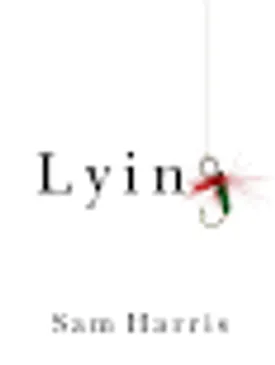When it comes to the great existential questions of our time, free will often takes center stage. Is it really a thing, or is it something we delude ourselves into believing?
Sam Harris’s book Free Will is devoted to dissecting and exploring this topic in-depth. In it, the neuroscientist, philosopher, and author argues that notions of moral choice and agency are an illusion, and that, in reality, we are products of our biology and the laws of nature.
At the outset of his book, Harris lays out his basic thesis: free will as “the intentional, conscious control of behavior” is a delusion, and that neurobiology and physics are enough to explain human behavior. He goes on to discuss the numerous ways we have deluded ourselves into believing in free will, including our endearing belief in good and evil and the notion of moral responsibility. He argues that these beliefs are based on a number of flawed intuitions about the nature of self and morality.
The book is split into three main sections: “The Illusion of Will,” “The Myth of Moral Responsibility,” and “The Meaning of Life in a World Without Free Will.” Each of these sections further develops Harris’s overarching arguments and also offers evidence to support them.
In “The Illusion of Will,” Harris explores our mistaken beliefs about autonomy and choice. He argues that we are deeply confused when it comes to considering how our behavior is determined and that, due to our limited understanding of how brains work, we have rationalized a sense of “free will” that does not actually exist.
In “The Myth of Moral Responsibility,” Harris points out that within our belief in free will lies a deep assumption that we are morally responsible for our actions. However, according to him, this belief is fallacious because it relies on the idea that our choices are unconstrained and are somehow the product of our conscious will. Since this is not the case, Harris argues that we cannot be held morally responsible for our choices.
Finally, in “The Meaning of Life in a World Without Free Will,” Harris considers what life would be like in a world without free will. He argues that while our lives may become less meaningful, it doesn’t mean that they will be meaningless. He suggests that without free will, we may be able to appreciate the joys of our lives more fully and take pleasure in the moment-to-moment experiences, without worrying about the moral implications of our actions.
Overall, Free Will is an interesting and thought-provoking exploration of a complex and important topic. Whether one agrees with Harris’s conclusion or not, there is no denying that he has effectively laid out a comprehensive argument that challenges the notion of free will. As such, it is an important contribution to the ongoing debate surrounding free will and its implications for morality, meaning, and life.

